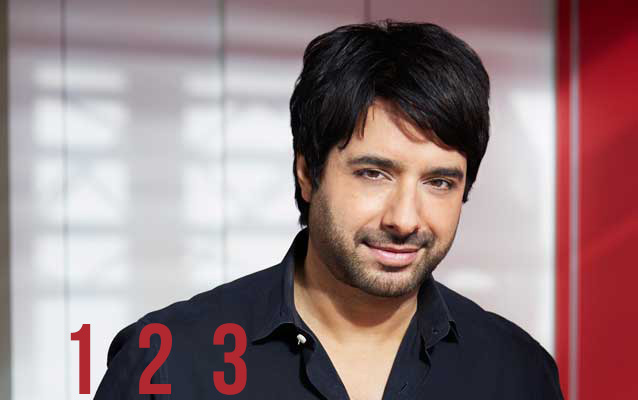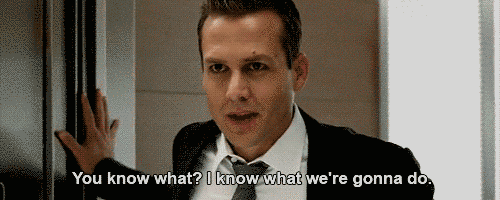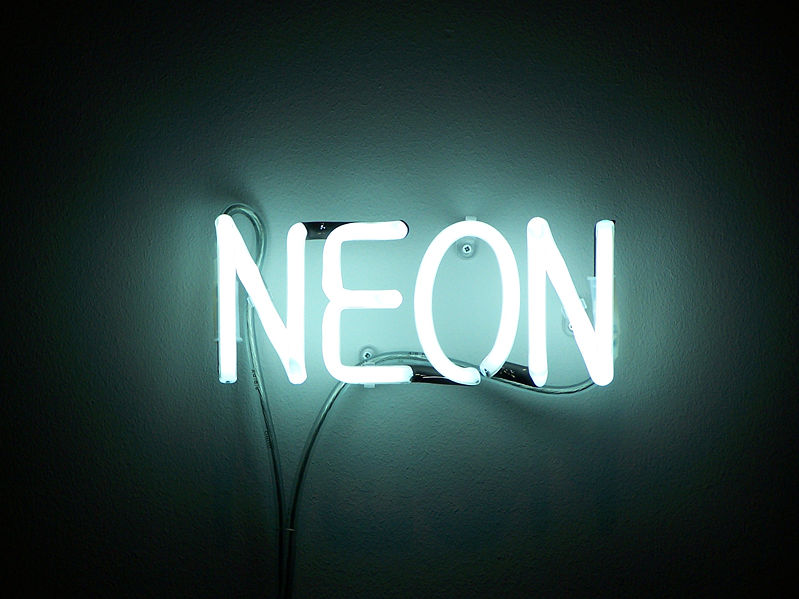Celina Lam
The Jian Ghomeshi scandal is difficult to ignore. For better or for worse, Jian had made a name for himself.
I have found it quite the spectacle to see the events unfold in the perspective of public relations. As a communicator, Jian Ghomeshi’s case is public relations gone wrong. From what started as a swift promising form of crisis communication to the pending legal allegations against him, the events leave a decomposition of what-ifs and mending of PR fences – for both Jian and the CBC. Jian’s case reminds me that there is good PR, bad PR and scenarios where PR, even the best, can’t save.
Jian’s PR crisis comes in three stages I call: the event, the unfolding and the retract.
The Event: On Friday October 24, CBC issued a mere three sentence statement that the network had ended its relationship with Jian Ghomeshi. By Sunday evening, Jian went on the offense with a two-fold response. First, he sued CBC for $55 million for “damages, breach of confidence and bad faith” and released a remarkable 1,500-word Facebook statement. The statement was cleverly framed and polished by Navigator, one of best PR firms in Canada, renowned for assisting high profile Canadians with “reputation recovery” whose past clients include former Ontario attorney-general Michael Bryant and prime minister Brian Mulroney. I give Jian credit for hiring the best against a conglomerate like the CBC. With Navigator’s support, Jian outlined his story and provided context to CBC’s actions. Ghomeshi revealed extremely private and intimate details: his sexual preference for BDSM, ex-girlfriends and troubles, in-and-outside of the bedroom.
His statement was the ultimate crisis communications strategy: he got his story out first, fast and personal. Jian put all stakes on the table– putting his defense out early was an attempt to stop any future speculations of the truth and give him a clear platform to defend and uphold his reputation. The statement portrays Jian as the victim, not the transgressor. It even brings Jian’s deceased father into the picture, quoting “Two weeks after the death of my beautiful father I have been fired from the CBC because of what I do in my private life,” to secure sympathy from readers.
From a PR standpoint, Jian’s statement is strong, tactful and the ideal render to his crisis. More importantly, it gave Jian the upper field to be unfiltered and unchallenged. As a communicator, timeliness is everything with social media the ultimate platform. Jian got that. Shortly after, social media blew up in support of Jian and CBC began to be questioned.
The Unfolding: Within the week, I had read his statement. I, too, believed that Jian had a case. He crafted a stage for himself and his fans followed. Jian’s crisis communications seemed to work. Or so it seemed at first.The Toronto Star revealed it had spent months secretly investigating four women’s allegations of sexual violence. The only problem was The Star had no proof to make a case. But tables shifted when Jian went public. The Star finally had personal information to match the stories from allegations. When the news outlet released its statement alleging Jian’s abuse, support quickly turned into questions and backlash on social media. Even singer, Lights, who previously supported Jian, released an apology dropping him as her long-time manager. Social media was Jian’s ultimate communications weapon. Unfortunately, it became the fuel to his demise.
The Retract: The PR firm’s initially strongly crafted statement had gone to waste. Navigator miscalculated Jian’s backstory. The Star’s investigative story was an open debate about Jian’s character and actions. As a PR practitioner, this is where the fundamental decision comes in: to continue helping the client or execute damage control for the firm. Navigator chose damage control. One week after, Navigator dropped Jian as a client and his other PR firm, RockIt-Promotions, followed suit.
I can’t tell you if Jian is guilty – police have opened an investigation. But when a PR firm, as renowned as Navigator, drops its client amid a crisis, says something. To me, it says that no matter how well words are crafted, how effective the communication is and how cleverly the plan is executed – not every crisis can be saved.
Ultimately, Jian’s crisis highlights the importance of character and ethics in public communication.





